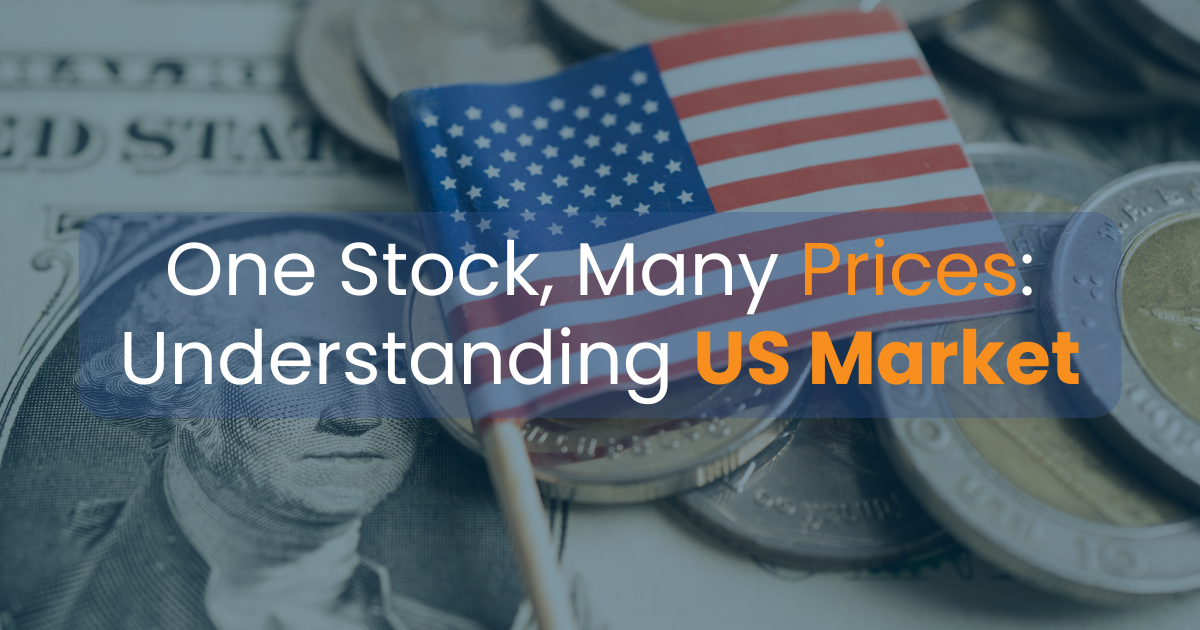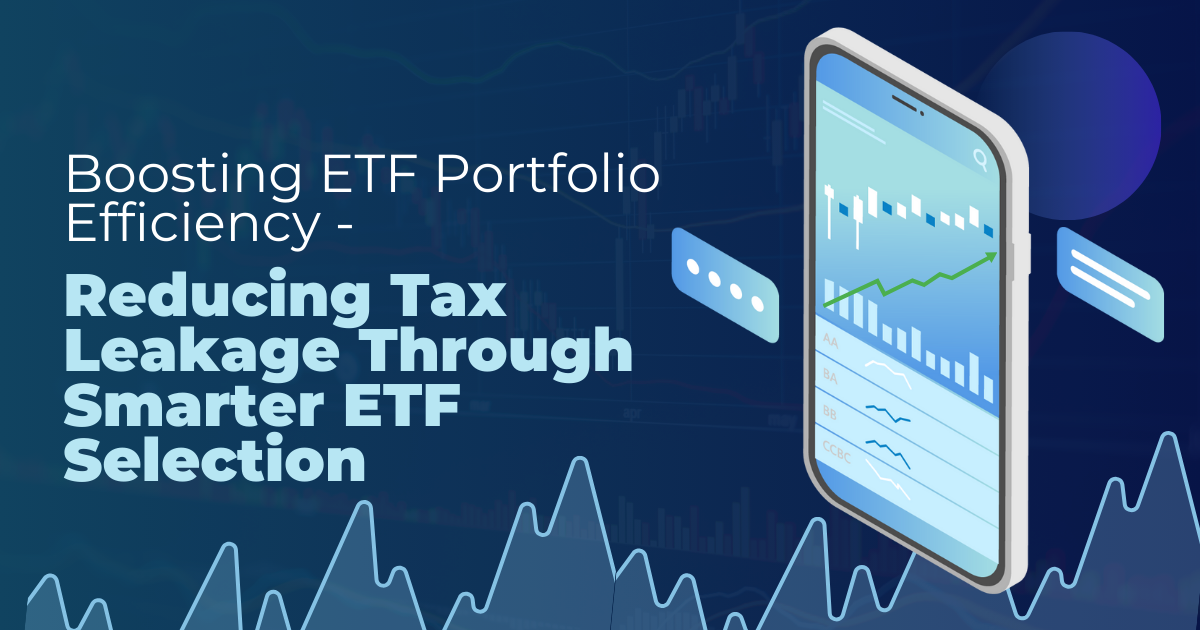Sector Specific Value Funds
Table of Contents
- What are sector-specific value funds?
- Understanding Sector-Specific Value Funds
- Investment Strategies in Sector-Specific Value Funds
- Risk Factors in Sector-Specific Value Funds
- Performance Ranking of Sector-Specific Value Funds
- Types of Sectors in Sector-Specific Value Funds
- Risk Management in Sector-Specific Value Funds
- Tax Considerations for Sector-Specific Value Funds
- Examples of Sector specific value funds
- Conclusion
- Frequently Asked Questions
What are sector-specific value funds?
These are dedicated investment vehicles seeking undervalued stocks focussed within one area of economic activity. Specifically, sector value funds aim to identify enterprises whose business could be conducted for a considerably lesser amount below its actual worth due to market-wide pricing or cyclical sector challenges. These funds enable investors to benefit from the growth potential of industries expected to rebound or expand significantly over time by concentrating on a single sector.
For example, a Sector Specific value fund might specialise in undervalued technology, healthcare, or energy stocks.
Understanding Sector-Specific Value Funds
Sector-specific value funds combine the value investment strategy with a sector focus. The fund manager relies on rigorous financial analysis and industry knowledge to find stocks within a sector that are selling below their fair market value. Metrics such as the P/E ratio, the P/B ratio, and discounted cash flow are commonly used in these assessments.
These are ideal funds for investors with high confidence in sector growth or for those diversifying their portfolios by concentrating on specific sectors. For example, when the economy is on a recovery path, some sectors, like industrials or financials, will gain with high growth; such a sector can attract more value-oriented investments.
Benefits of Investing in Sector-Specific Value Funds
- Exposure to Specific Industry: Sector-specific value funds enable investors to concentrate their capital on sectors with strong growth potential or sector-specific recovery. The sector-specific exposure can yield substantial returns if the sector outperforms the overall market.
- Sector-Wise Diversification: Although the fund is sector-specific, it typically invests in various companies within that sector, thereby minimising company-specific risks.
- Scope for High Returns: This helps the funds achieve significant returns when the market accurately values the undervalued assets.
- Professional Management: Sector-specific funds generally possess more specialised knowledge and information about the sector, guiding fund managers in making informed investment decisions.
- Benefits from Economic Cycles: Sector-specific funds can enjoy economic cycles as they are in industries that are recovering or growing.
Investment Strategies in Sector-Specific Value Funds
Investment strategies by sector-specific value funds are pursued in various ways by fund managers, such as:
- Fundamental Analysis: A study of the company’s financial soundness, earnings, and growth prospects.
- Contrarian Investing: Investment in sectors out of favour, but have a chance to recover.
- Sector Rotation: Rotating investments between sectors because of their respective economic cycles and trends.
Risk Factors in Sector-Specific Value Funds
- Concentration Risk: Concentration on a specific sector exposes it to downturns.
- Market Volatility: Events affecting the specific sector can cause significant volatility in prices.
- Economic Sensitivity: Some sectors tend to be highly sensitive to cyclical economic movements, and downturns impact performance negatively.
Performance Ranking of Sector-Specific Value Funds
Performance is ranked based on historical returns, comparison to sector benchmarks, and the fund manager’s relative ability to pick stocks. Other items include the fund’s expense ratio and turnover.
Global vs. Domestic Sector-Specific Value Funds
- Global Funds: Exposing investors to undervalued businesses in a particular industry by companies in various countries offers geographic diversification influenced by world economic conditions.
- Domestic Funds: Focuses only on the companies of one particular country, reflecting its local economic conditions and regulatory climate.
Sector Rotation and Sector-Specific Value Funds
- Sector rotation is an investment strategy where capital is transferred between sectors based on their performance in other economic cycles.
- Sector-specific value funds can be very strategic in this approach by focusing investments on undervalued sectors likely to grow well in certain phases of the economic cycle.
Types of Sectors in Sector-Specific Value Funds
- Technology: It focuses on software developers, hardware manufacturers, and tech service providers. Often, technology funds target undervalued players ready to disrupt markets or capitalise on emerging trends, such as artificial intelligence or cloud computing.
- Healthcare: It invests in pharmaceuticals, biotechnology companies, medical equipment companies, and healthcare service providers. The funds usually concentrate on companies developing novel treatments or on demographic trends like ageing populations.
- Energy: Targets companies in traditional oil and gas, renewable energy, and related infrastructure. Energy funds may invest in undervalued firms poised to benefit from global energy transitions.
- Financials: This category includes banks, insurance firms, asset managers, and fintech companies. These funds often capitalise on undervaluation during periods of economic uncertainty.
- Consumer Discretionary: This category covers sectors like retail, leisure, entertainment, and luxury goods. These funds focus on companies poised to grow as consumer spending rebounds.
- Industrials: Invests in construction, transportation, and manufacturing industries. Industrial Funds tend to gain due to infrastructure and economic recoveries.
Risk Management in Sector-Specific Value Funds
Investment in sector-specific value funds brings inherent risks. Thus, it involves strategic risk management measures. Those measures include:
- Sector-wide diversification: Sector-focused investment funds diversify holding stock across various companies to reduce the potential negative impact of any adverse single stock performance on the returns of the fund.
- Rebalancing the Portfolio: Managers review and adjust the portfolio periodically to maintain alignment with investment objectives, thereby ensuring no holding becomes disproportionately large.
- Review of Economic Indicators and Market Trend Analysis: Continuous review of the economic indicators and market trends helps anticipate sector downturns, and adjustments can be made well in advance.
- Liquidity Management: This will help the fund have enough liquidity to react to market changes and meet redemptions without being forced into selling at low prices.
Tax Considerations for Sector-Specific Value Funds
The tax implications with sector-specific value funds need to be communicated to the investors
- Capital Gains Tax: Income gained from selling shares in funds is subject to capital gains tax. The tax rate will vary with the holding period: usually, long-term investments are taxed at a different rate than short-term investments.
- Dividend Tax: Dividends from a fund investment may be taxable as ordinary income or qualify for qualified dividend tax rates based on what is invested in the fund and what type of taxpayer is making the investment.
- Tax-Efficient Fund Management: Certain funds use strategies to limit tax liabilities, such as offsetting gains with losses or limiting the turnover rate to minimise taxable events.
- Investor’s Tax Bracket: Individual tax circumstances, including income level and jurisdiction, significantly influence the overall tax impact of fund investments.
Examples of Sector specific value funds
United States Market
- Vanguard Energy Fund (VGENX): It invests in an undervalued business involved in energy, oil, gas, and renewable companies.
- Fidelity Select Technology Portfolio (FSPTX): The fund concentrates on value stocks that are undervalued in the technological equipment and software industries.
- iShares U.S. Healthcare Providers ETF (IHF): Focussing on health service providers and companies with innovative treatments.
Singapore Market
- LionGlobal Healthcare Fund: Aiming at underpriced global health companies that are dedicated to companies with solutions towards medical innovations and demographic trends.
- Nikko AM Global Internet Fund: This fund delves into undervalued technology companies offering internet services that can participate in e-commerce and other electronic service providers.
Conclusion
Sector-specific value funds provide an investment strategy for targeting a specific industry and taking advantage of undervalued opportunities. By combining value investing principles with a sector-focused strategy, the funds can create a rich portfolio diversification and can have significant returns in the long term. However, investors must be aware of the underlying risks, including concentration risk and market volatility, to determine their time horizon and risk tolerance. The step of engaging a financial advisor and doing full research is mandatory for the effective utilisation of sector-specific value funds in investment portfolios.
Frequently Asked Questions
The strategy is identifying and investing in undervalued companies within a specific sector. Fund managers conduct detailed financial and industry analyses to uncover mispriced stocks. The objective is to earn high returns since these undervalued stocks appreciate when the market corrects its valuation.
The strategy is identifying and investing in undervalued companies within a specific sector. Fund manag
- Concentration Risk: Focussing on one sector increases vulnerability to Sector-Specific downturns.
- Market Volatility: Events or trends may impact a particular sector, resulting in high price fluctuations.
- Economic Sensitivity: Some sectors are quite sensitive to the economic cycles, and a decline can always dent performance.
Performance review is usually done by analysing the fund’s returns, comparing sector benchmarks, and examining the fund manager’s stock-picking capability. Other factors include the fund’s cost ratio and turnover rate.
Global Funds offer Exposure to undervalued companies in a specific sector worldwide. These funds provide geographically diversified investments and follow international economic trends.
Domestic Funds: Invest in specific companies within a country, often reflecting the local economies and regulatory environment.
Sector rotation is an investment strategy in which capital is moved between sectors based on the economy’s different cycles. Sector-specific value funds are very important for such an investment strategy, distributing investment to undervalued sectors where it is likely to grow well in certain economic cycles.
Related Terms
- Enhanced Index Fund
- No-Load Fund
- Back-End Load Funds
- Appreciation Funds
- International Value Funds
- Small-Cap Value Funds
- Debt Funds
- Pension Funds
- Broad Market Index Funds
- Mid-cap value funds
- Large Cap Value Funds
- Ultra-Short Bond Funds
- Sub-Advised Fund
- Provident Fund
- Sovereign Wealth Funds
- Enhanced Index Fund
- No-Load Fund
- Back-End Load Funds
- Appreciation Funds
- International Value Funds
- Small-Cap Value Funds
- Debt Funds
- Pension Funds
- Broad Market Index Funds
- Mid-cap value funds
- Large Cap Value Funds
- Ultra-Short Bond Funds
- Sub-Advised Fund
- Provident Fund
- Sovereign Wealth Funds
- Management Fees
- Clone Funds
- Net asset value per unit
- Closed-End Funds
- Fixed Maturity Plans
- Prime Money Market Fund
- Tax-Exempt Money Market Fund
- Value Fund
- Load Fund
- Fund Family
- Venture Capital Fund
- Blue Chip Fund
- Back-end loading
- Income fund
- Stock Fund
- Specialty Fund
- Series fund
- Sector fund
- Prime rate fund
- Margin call
- Settlement currency
- Federal funds rate
- Sovereign Wealth Fund
- New fund offer
- Commingled funds
- Taft-Hartley funds
- Umbrella Funds
- Late-stage funding
- Short-term fund
- Regional Fund
- In-house Funds
- Redemption Price
- Index Fund
- Fund Domicile
- Net Fund Assets
- Forward Pricing
- Mutual Funds Distributor
- International fund
- Balanced Mutual Fund
- Value stock fund
- Liquid funds
- Focused Fund
- Dynamic bond funds
- Global fund
- Close-ended schemes
- Feeder funds
- Passive funds
- Gilt funds
- Balanced funds
- Tracker fund
- Actively managed fund
- Endowment Fund
- Target-date fund
- Lifecycle funds
- Hedge Funds
- Trust fund
- Recovering funds
- Sector funds
- Open-ended funds
- Arbitrage funds
- Term Fed funds
- Value-style funds
- Thematic funds
- Growth-style funds
- Equity fund
- Capital preservation fund
Most Popular Terms
Other Terms
- Free-Float Methodology
- Foreign Direct Investment (FDI)
- Floating Dividend Rate
- Flight to Quality
- Real Return
- Protective Put
- Perpetual Bond
- Option Adjusted Spread (OAS)
- Non-Diversifiable Risk
- Merger Arbitrage
- Liability-Driven Investment (LDI)
- Income Bonds
- Guaranteed Investment Contract (GIC)
- Flash Crash
- Equity Carve-Outs
- Free-Float Methodology
- Foreign Direct Investment (FDI)
- Floating Dividend Rate
- Flight to Quality
- Real Return
- Protective Put
- Perpetual Bond
- Option Adjusted Spread (OAS)
- Non-Diversifiable Risk
- Merger Arbitrage
- Liability-Driven Investment (LDI)
- Income Bonds
- Guaranteed Investment Contract (GIC)
- Flash Crash
- Equity Carve-Outs
- Cost of Equity
- Cost Basis
- Deferred Annuity
- Cash-on-Cash Return
- Earning Surprise
- Capital Adequacy Ratio (CAR)
- Bubble
- Beta Risk
- Bear Spread
- Asset Play
- Accrued Market Discount
- Ladder Strategy
- Junk Status
- Intrinsic Value of Stock
- Interest-Only Bonds (IO)
- Interest Coverage Ratio
- Inflation Hedge
- Industry Groups
- Incremental Yield
- Industrial Bonds
- Income Statement
- Holding Period Return
- Historical Volatility (HV)
- Hedge Effectiveness
- Flat Yield Curve
- Fallen Angel
- Exotic Options
- Execution Risk
- Exchange-Traded Notes
- Event-Driven Strategy
- Eurodollar Bonds
- Embedded Options
- EBITDA Margin
- Dynamic Asset Allocation
- Dual-Currency Bond
Know More about
Tools/Educational Resources
Markets Offered by POEMS
Read the Latest Market Journal

100% Spenders in Singapore: How to Break Free from Living Paycheck to Paycheck
In 2024, 78.3 per cent of companies in Singapore granted wage increases as compared to...

Recognising Biases in Investing and Tips to Avoid Them
Common biases like overconfidence, herd mentality, and loss aversion influence both risk assessment and decision-making....

What is Money Dysmorphia and How to Overcome it?
Money dysmorphia happens when the way you feel about your finances doesn’t match the reality...

The Employer’s Guide to Domestic Helper Insurance
Domestic Helper insurance may appear to be just another compliance task for employers in Singapore,...

One Stock, Many Prices: Understanding US Markets
Why Isn’t My Order Filled at the Price I See? Have you ever set a...

Why Every Investor Should Understand Put Selling
Introduction Options trading can seem complicated at first, but it offers investors flexible strategies to...

Mastering Stop-Loss Placement: A Guide to Profitability in Forex Trading
Effective stop-loss placement is a cornerstone of prudent risk management in forex trading. It’s not...

Boosting ETF Portfolio Efficiency: Reducing Tax Leakage Through Smarter ETF Selection
Introduction: Why Tax Efficiency Matters in Global ETF Investing Diversification is the foundation of a...









